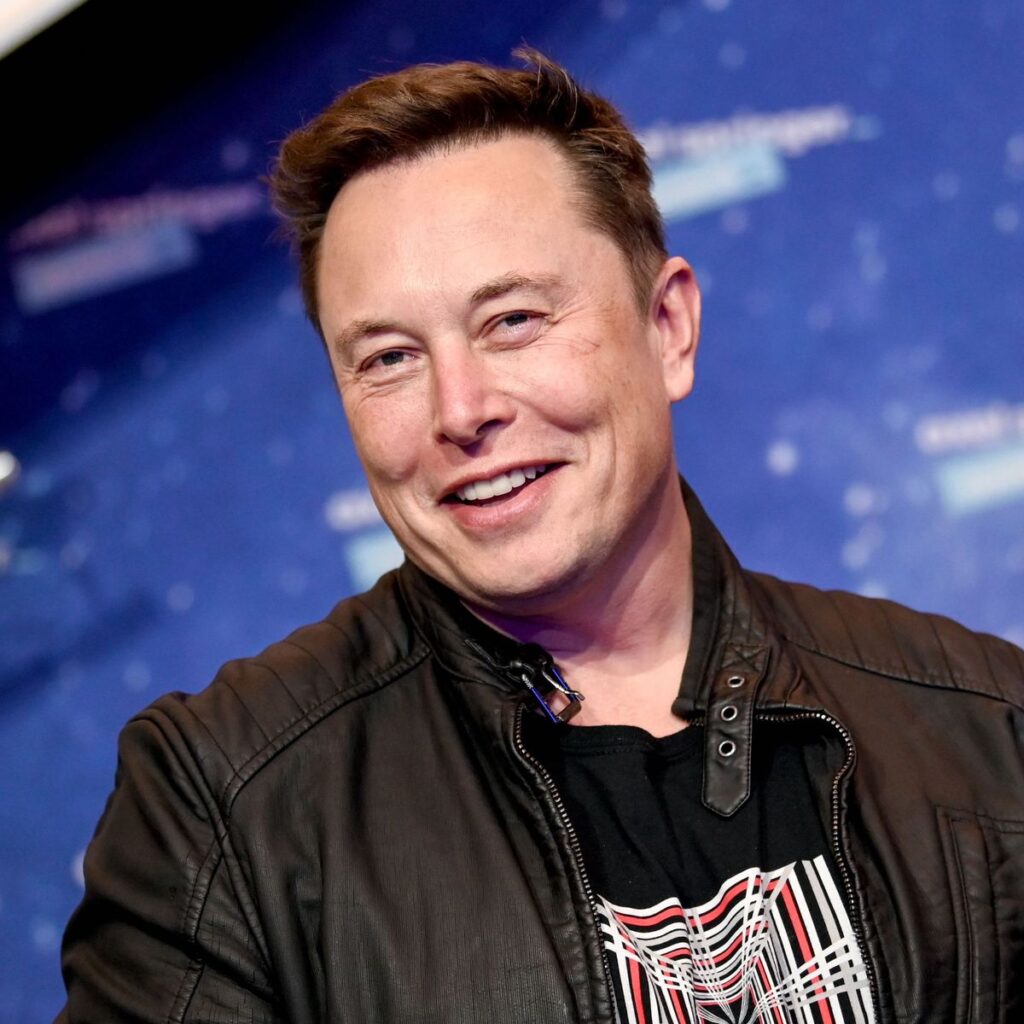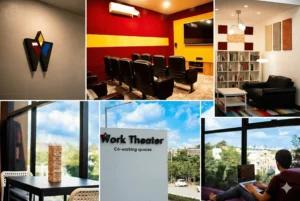In this article of the Entrepreneur Stories by Work Theater, we cover the legendary Elon Musk’s inspiring journey and the key takeaways that budding entrepreneurs can learn from him.
Born on June 28, 1971, in Pretoria, South Africa, Elon Musk displayed an early aptitude for technology and entrepreneurship. His passion for computing led him to create a video game called Blastar at the age of 12, which he sold for $500. He later attended Queen’s University in Canada before transferring to the University of Pennsylvania, where he earned degrees in physics and economics.
After completing his studies, Musk moved to California, intending to pursue a Ph.D. at Stanford University. However, he dropped out after just two days to capitalize on the dot-com boom. In 1995, he co-founded Zip2, an online city guide software company, which was sold to Compaq for nearly $300 million in 1999. Musk then founded X.com, an online payment company that later became PayPal, which was acquired by eBay for $1.5 billion in 2002.
With the fortune he amassed from these ventures, Musk could have easily retired. Instead, he set his sights on space exploration and founded SpaceX in 2002, with the goal of making space travel more affordable and accessible. Overcoming numerous challenges, SpaceX successfully launched the Falcon 1 rocket in 2008, followed by several groundbreaking milestones, including the launch and recovery of the first privately crewed spacecraft, the Dragon.
In parallel to SpaceX, Musk co-founded Tesla Motors in 2004, an electric car company aimed at revolutionizing the automotive industry. Despite initial skepticism, Tesla has become a major player in the market, with popular models like the Model S, Model 3, and Model X. Under Musk’s leadership, Tesla has also expanded into energy storage and solar power with the acquisition of SolarCity in 2016.
Musk’s ventures don’t stop at Tesla and SpaceX. He has been involved in several other groundbreaking projects, including Neuralink, a company focused on developing brain-machine interfaces, and The Boring Company, which aims to reduce traffic congestion through the construction of underground transportation tunnels.
Elon Musk’s rise to prominence is a testament to his relentless pursuit of innovation and his commitment to making a positive impact on the world. His legacy will likely be defined by his unwavering belief in the potential of humanity to overcome its greatest challenges and his drive to create a sustainable future for generations to come.
27 Key Learnings from Elon Musk’s Business Philosophy:
- Have a clear and ambitious vision: “When something is important enough, you do it even if the odds are not in your favor.”
- Focus on problem-solving: “I think it’s very important to have a feedback loop and constantly think about how you could be doing things better.”
- Embrace failure: “Failure is an option here. If things are not failing, you are not innovating enough.”
- Constantly learn and adapt: “I’m always learning. When you’re not learning, you’re dying.”
- Perseverance: “Persistence is very important. You should not give up unless you are forced to give up.”
- Be proactive: “You can’t wait for inspiration. You have to go after it with a club.”
- Prioritize innovation over profit: “If you’re co-founder or CEO, you have to do all kinds of tasks you might not want to do… If you don’t do your chores, the company won’t succeed… No task is too menial.”
- Think long-term: “It’s important to have a long-term perspective and not get caught up in short-term issues.”
- Work hard and lead by example: “Work like hell. I mean you just have to put in 80 to 100 hour weeks every week.”
- Focus on the product: “If you get the product right, the business part will follow.”
- Embrace criticism: “Take as much feedback from as many people as you can about whatever idea you have…seek critical feedback. Ask them what’s wrong.”
- Vertical integration: By building many components in-house, Tesla and SpaceX have been able to control quality and streamline innovation.
- Collaborate with the right people: “It’s important to choose the right team members and get them aligned on the same vision.”
- Be transparent: Share information and knowledge openly, as demonstrated by Tesla’s release of their electric vehicle patents.
- Focus on sustainability: “The future of humanity is fundamentally going to bifurcate along one of two directions: either we’re going to become a multi-planet species…or we’re going to be stuck on one planet until some eventual extinction event.”
- Have a sense of urgency: “When you have a goal, work with speed and determination to achieve it.”
- Be bold: “I don’t create companies for the sake of creating companies, but to get things done.”
- Disrupt the status quo: “I think it is possible for ordinary people to choose to be extraordinary.”
- Take calculated risks: “I would like to die on Mars. Just not on impact.”
- Focus on what truly matters: “Brand is just a perception, and perception will match reality over time.”
- Prioritize customer experience: “A company is only as good as its ability to delight its customers.”
- Keep pushing boundaries: “If you’re not progressing, you’re regressing; so, keep moving forward.”
- Invest in yourself: “You have to apply yourself each day to becoming a little better.”
- Make a positive impact: “The point of doing this is to give a hardcore smackdown to gasoline cars.”
- Be disciplined: “It is a mistake to hire huge numbers of people to get a complicated job done.”
- Take responsibility: “As CEO, my job is to take responsibility for the company’s failures.”
- Stay curious: “I’m interested in things that change the world or that affect the future and wondrous, new technology where you see it, and you’re like, ‘Wow, how did that even happen? How is that possible?'”
In conclusion, Elon Musk’s business philosophy is centered around pushing boundaries, learning from failures, and having a relentless pursuit of innovation. His unwavering commitment to creating a sustainable future for humanity serves as an inspiration for entrepreneurs and leaders alike.
Thank you for joining us on this episode of Entrepreneur Stories. Stay tuned for our next inspiring tale of success, struggle, and perseverance in the world of business.
Did you know? Entrepreneurs like to use our coworking space in Bangalore.
Learn more about our coworking space on YouTube where we talk about a variety of topics including personal finance, entrepreneurship, business and life.
Did you know? We also have a private theatre in Bangalore.




